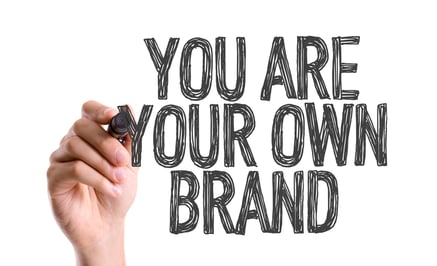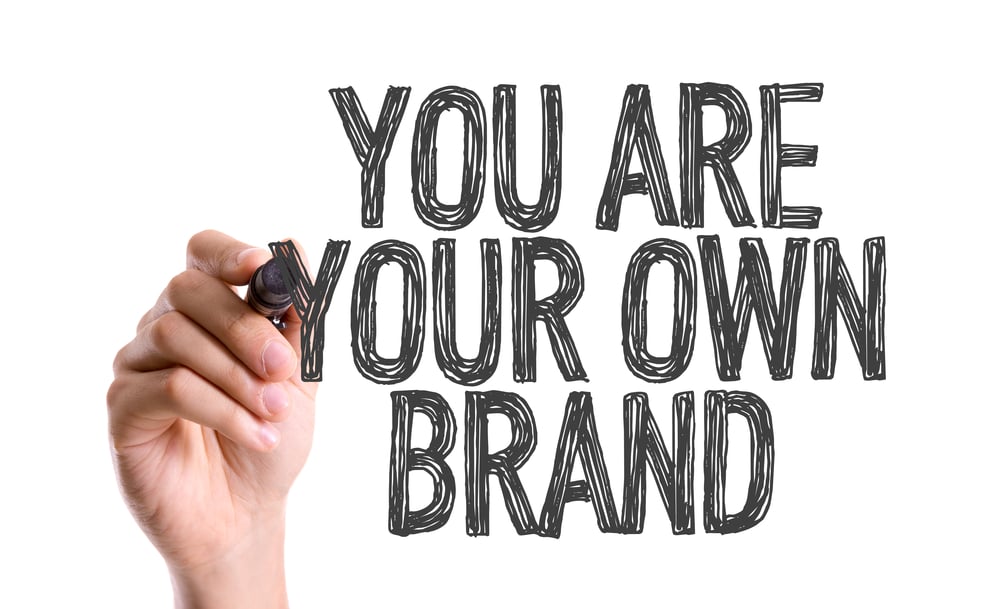OpenSponsorship’s first speaker for the athlete webinar is Rob DiGisi, Professor of Sports Business Management at the Wharton School of the University of Pennsylvania. DiGisi discusses how athletes can utilize marketing tools to help them build their personal brand.
Marketing
Marketing is a collection of initiatives to communicate a value proposition to a targeted audience. Therefore, it’s important to know what kind of service the brand or product achieves and how it does it better than others. If you as an athlete are contemplating if you should partner with a specific brand, think about four categories: Fit (How does the brand fit into your world?), Emotion (How does the brand make you feel about yourself?), Access (How do you get the brand), and Value (How do you get a deal on the brand?). If you are unsure about even one of these categories, chances are you nor the brand will benefit.
The next thing to think about when deciding to partner with a brand is the target audience. Gender, age, lifestyle, and many others play a huge role in what the brand wants you to sell. For example, if you have a large following on social media (which typically caters to the younger demographic), collaborating with a company that sells canes and walkers might not be beneficial for both you or the brand. Think about what products or services cater to your audience.
Branding
Although the term branding is hard to define, Marty Neumeier (author) believes that “A brand is not a logo. A brand is not an identity. A brand is not a product, it’s a person’s gut feeling about a product, service, or organization.” In other words, you as the partnered athlete have to believe in the product or service you are representing because it has to be a brand that you can trust and a brand you know, according to DiGisi. However, all brands must have consistency, sensory communication, emotional response, deliver a promise, and trust. DiGisi elaborates more on this around the ten-minute mark.
Overall, brands are supposed to benefit the customer more than themselves. Brands have to earn their place in someone's mind, whether it’s through a partnership with an athlete or not. It’s also important to remember that a partnership with a brand is not about you, it’s about other people’s perceptions of you. Make sure that the brand you’re supporting is one that you want to be associated with.
Personal Brand
DiGisi also touches on an athlete's personal brand, which is crucial in developing partnerships with other brands that may want to collaborate in the future. Think about one word that represents who you are: Is it positive or negative? Would you work with yourself if you were a brand? That’s why it’s critical when trying to establish your personal brand to create a consistent image of yourself, from the way that you dress to the way that you carry yourself. If your physical appearance depicts one image, but the way that you talk and act depicts another, that conflicting representation may cost you a brand deal. Therefore, always think about how you want your personal brand to be portrayed so that you can find deals that match up with who you really are.
It’s also important to receive feedback from trusted friends and family about the way that they perceive your personal brand. Again, is it positive or negative? You are creating an image of yourself that separates you from other athletes. This can be a personal story that you have shared with your audience, different ways you communicate with them, consistently delivering to them, or how you show off your personality. Once brands can see that you are putting yourself out there, they will want to work with you because of your authenticity. That human connection with your audience is what may set you apart.

How OpenSponsorship Can Help
OpenSponsorship is a fantastic tool for athletes to use because it provides access to a variety of brands for them to partner with. Our goal is to help an athlete no matter what they are looking to get out of our platform. Once an athlete creates an account with us, they can add lifestyles and interests to their profile to help narrow the search for specific brands that they want to work with. This allows both the brands and the athletes to pitch directly to each other so that no time is wasted and a deal can be made. One piece of advice we have for athletes is to be personal in your pitches, as it ties back to the idea of transparency and authenticity.
If you didn’t get a chance to attend the athlete webinar live, watch the recorded version here.

